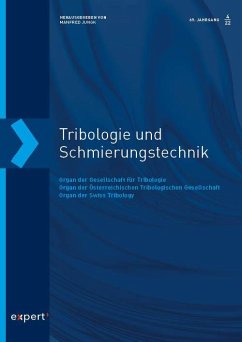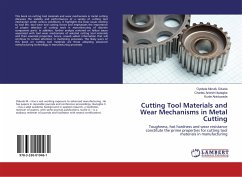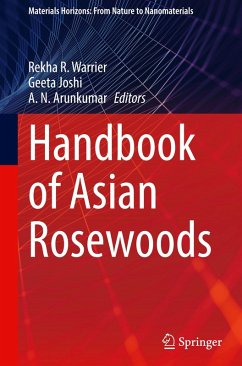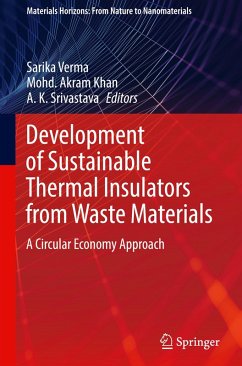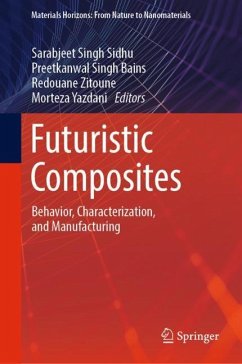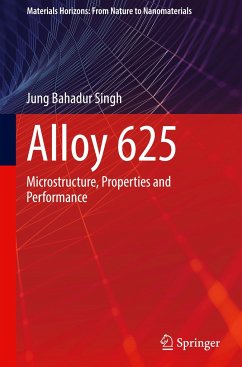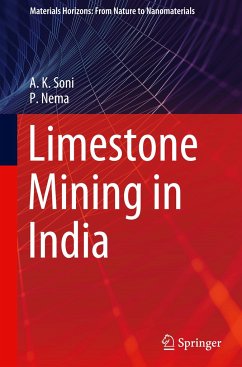
Friction and Wear in Metals
Versandkostenfrei!
Versandfertig in 6-10 Tagen
129,99 €
inkl. MwSt.
Weitere Ausgaben:

PAYBACK Punkte
65 °P sammeln!
This book focuses on tribology in manufacturing processes from the viewpoint of sliding friction fundamentals, the use of lubricants to control friction processes such as machining, drawing, rolling, extrusion, abrasive processes, and processing at micro and nanoscales. To study tribological behavior, it is essential to know the methods of measuring and describing the surface shape and roughness. The friction and wear, their corresponding coefficients, and their main mechanisms are described, including stick-slip effects, adhesion, and plowing. Adhesive, abrasive, erosive, and erosion-corrosio...
This book focuses on tribology in manufacturing processes from the viewpoint of sliding friction fundamentals, the use of lubricants to control friction processes such as machining, drawing, rolling, extrusion, abrasive processes, and processing at micro and nanoscales. To study tribological behavior, it is essential to know the methods of measuring and describing the surface shape and roughness. The friction and wear, their corresponding coefficients, and their main mechanisms are described, including stick-slip effects, adhesion, and plowing. Adhesive, abrasive, erosive, and erosion-corrosion wear mechanisms. Friction-wear relationships are elaborated, and wear maps are presented. Surface interactions depend on the contacting materials and surface shape. It is a function of the production process and nature of parent materials that are found to be rough, where roughness is characterized by asperities of varying amplitudes and spacing. Surface interactions are dependent bothon thecontacting materials and the shape of the surface. The distribution of the asperities is directional when the finishing process is direction-dependent, such as turning, milling, etc., and homogeneous for a non-directional finishing process like lapping, electro-polishing.




